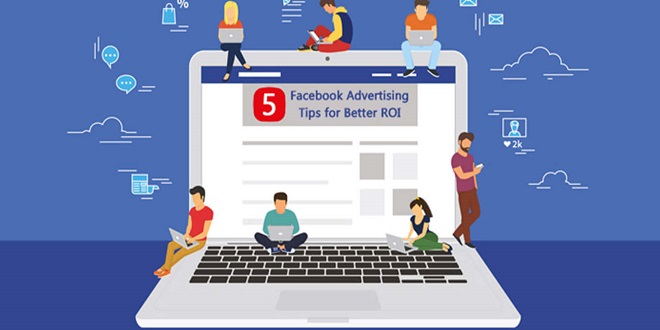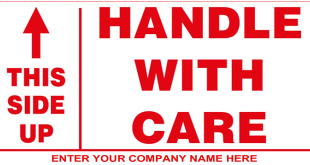White label Facebook ads are a type of advertisement in which businesses delegate the creation, copywriting, and design of their ads to an outside agency. This can be beneficial for businesses because it saves time and resources that would otherwise be spent on creating the ads themselves. However, there are also some potential downsides to consider before delegating this task to an outside party. Let’s take a closer look at the pros and cons of white-label Facebook Ads.
The Pros of White-Label Facebook Ads
There are several potential benefits associated with white-label Facebook Ads.
- First, it can save businesses time and money. Creating high-quality advertisements takes both time and effort, and most businesses simply don’t have the resources to invest in this area. By delegating the task to an outside agency, businesses can focus on other areas of their operations.
- Additionally, white-label Facebook Ads can be customized to meet the specific needs of each business. This means that businesses can get exactly what they want from their ads, without having to settle for a one-size-fits-all approach.
- Finally, white-label Facebook Ads typically come with a higher return on investment (ROI) than traditional advertising methods. This is because agencies specializing in this type of advertising generally have more experience and expertise than businesses do when it comes to creating effective ads.
The Cons of White-Label Facebook Ads
While there are some potential benefits to using white-label Facebook Ads, there are also some potential drawbacks to consider.
- First, there is always the risk that something will go wrong when delegating this task to an outside agency. For example, the agency could make a mistake in the copywriting or design of the ad, which could reflect poorly on the business itself.
- Additionally, white-label Facebook Ads can be somewhat expensive, particularly for small businesses with limited budgets.
- Finally, businesses should be aware that they will lose some control over their advertising when they delegate this task to an outside agency. This loss of control could lead to unexpected results if the agency does not understand the business’s goals or objectives for the ad campaign.
Why Choose White-Label Facebook Ads?
Ultimately, the decision of whether or not to use white-label Facebook Ads depends on the specific needs and goals of each business. If a business has the time and resources to invest in creating its ads, then it may not need to delegate this task to an outside agency. However, if a business is looking to save time and money, or if they want to customize their ads to meet their specific needs, then white-label Facebook Ads may be the right choice.
Conclusion:
Businesses should weigh the pros and cons of white-label Facebook Ads before deciding on whether or not to use this type of advertising. On one hand, white-label Facebook Ads can save businesses time and money while also providing a higher ROI than traditional advertising methods. On the other hand, there is always the risk that something will go wrong when delegating this task to an outside agency, and businesses will lose some degree of control over their advertising in the process. Ultimately, the decision about whether or not to use white-label Facebook Ads depends on each business’s specific needs and objectives.
 Pagalmusiq.com Popular News Update Website | Pagalmusiq.com
Pagalmusiq.com Popular News Update Website | Pagalmusiq.com




